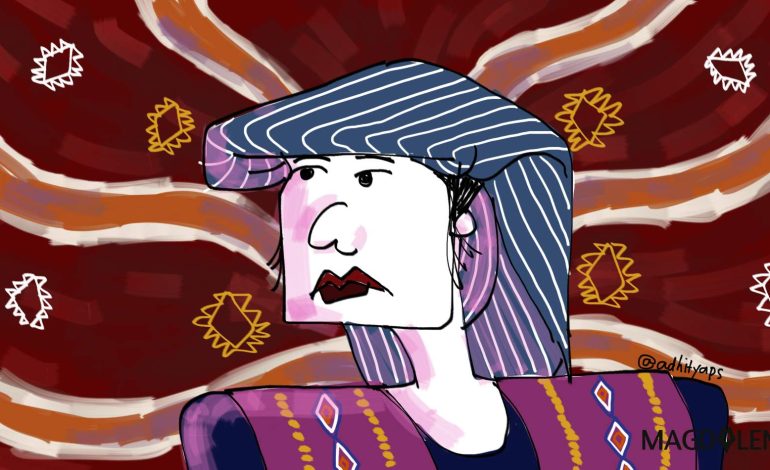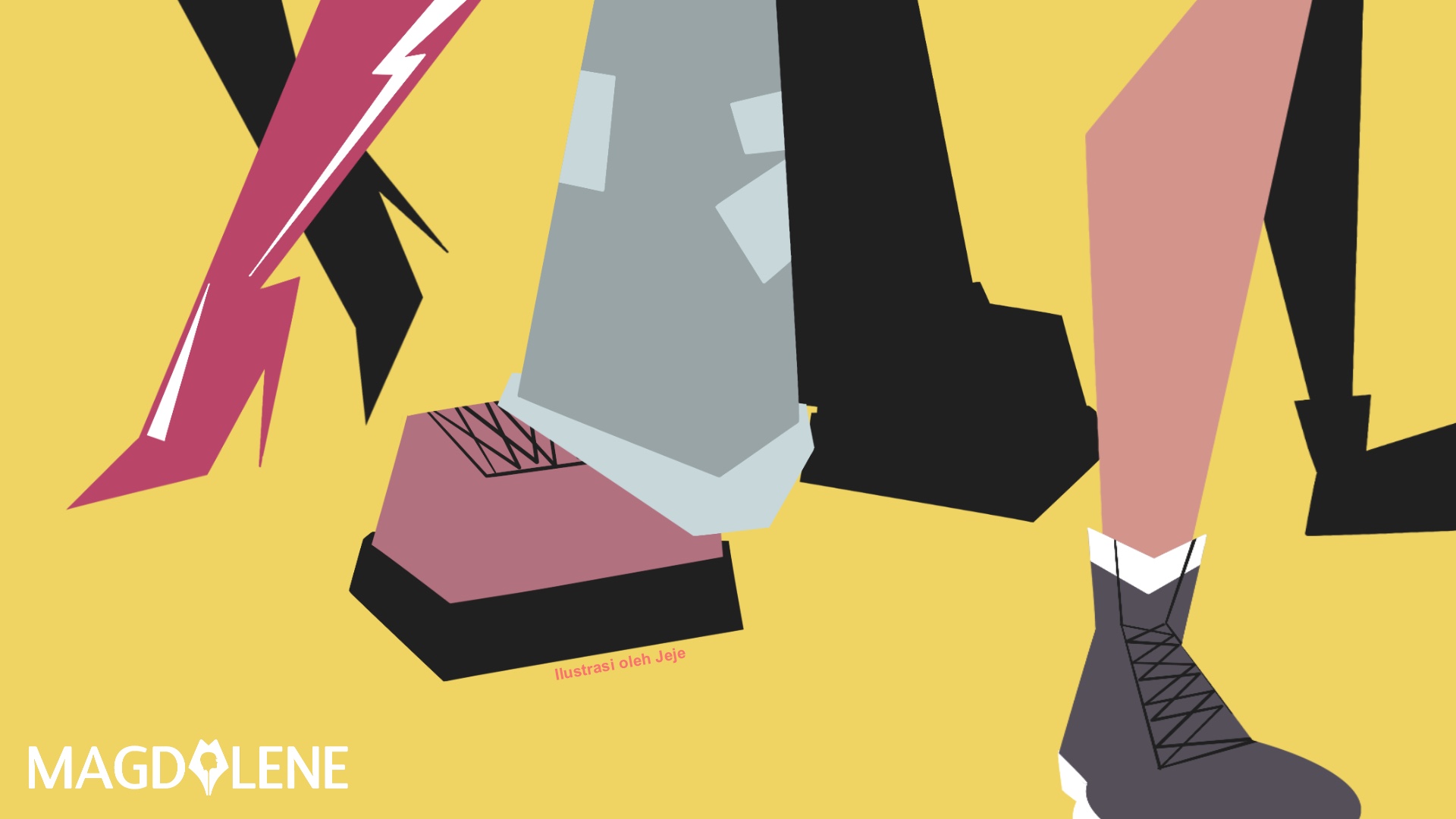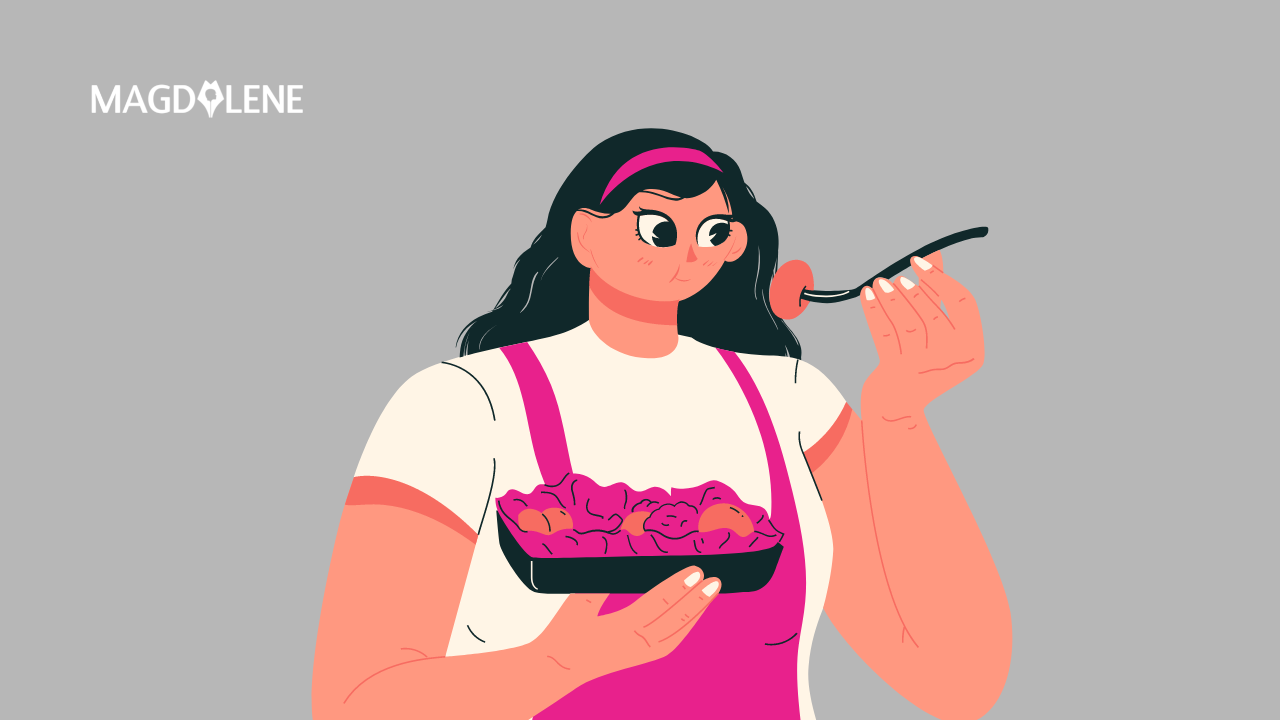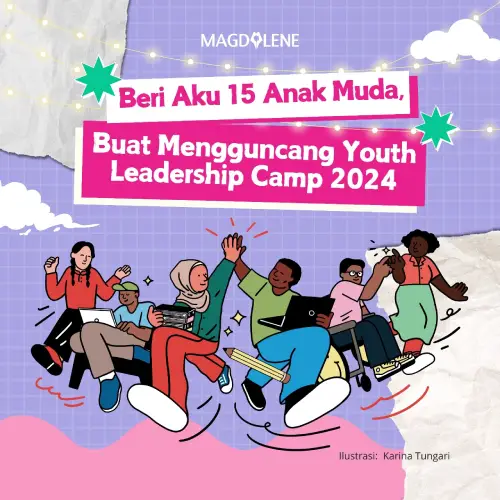Why Some Muslim Women Feel Empowered Wearing Hijab?
Muslim women’s clothing isn’t entirely about adherence to faith. It has been used in the past and present as an assertion of identity.
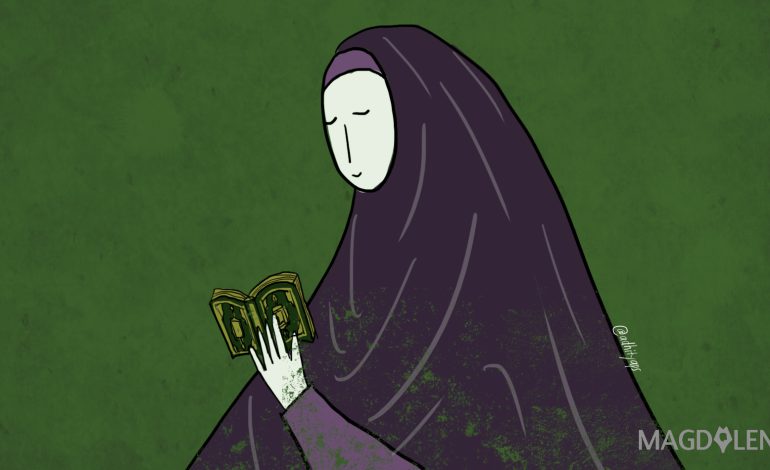
Some people believe that the Islamic faith is oppressive for women. In the West, particularly in France, the hijab, or headscarf, that many Muslim women wear has become a symbol of this perceived oppression.
This article will explain some of the complex issues that go into many Muslim women’s choice to wear the hijab, including why some women see it as a mark of empowerment. It will also draw attention to some of the global Muslim feminist movements that often go unnoticed in the Western world.
Sociologist Caitlin Killian explains that Jewish, Christian and Hindu women have covered their heads since pre-Islamic days.
Also read: Wear a Hijab, You’d Look Prettier: How One Christian Woman Perceives Hijab
For some Muslim women today, wearing a hijab can be a religious act – a way of demonstrating their submission to God. The Quran instructs both men and women to observe modesty in their dress and behavior. However, Muslim women’s clothing isn’t entirely about adherence to faith. It has been used in the past – and present – as an assertion of identity.
Under colonial rule, Muslim women were encouraged to be more like European women and remove the veil. As demands for independence from colonial rule grew, the veil, Killian says, became a “symbol of national identity and opposition to the West.”
Today, some Muslim women in America may wear the hijab as a way of asserting their pride in the face of Islamophobia. World Hijab Day, celebrated on Feb. 1, starting in 2013, came about through the efforts of Nazma Khan, an immigrant to the United States from Bangladesh, who had been shamed over wearing a headscarf. She decided to start a day when both Muslim and non-Muslim women could experience wearing the head garment.
Even so, in much of the Western world, the headscarf continues to be seen as representative of Muslim women’s oppression. In Switzerland, voters approved legislation in March 2021 to ban face coverings, while France is pushing for a more restrictive policy on hijabs.
In a judgment on March 14, 2017, the Court of Justice of the European Union, which interprets EU law, allowed private companies in France to bar employees from wearing “religious, political and philosophical signs” in the interest of “neutrality.”
Sociologist Z. Fareen Parvez says the anti-headscarf legislation was a “turning point” in the lives of Muslim women looking for acceptance and integration in French society. The headscarf is not just a religious symbol for many of the women; it is a way of being.
Also read: I Wear Hijab, But Am I Really Religious?
But this focus on Muslim women’s clothing takes attention away from other issues and how Muslim feminist movements are trying to bring about change. In Indonesia, for example, female Muslim religious scholars, or ulamas, are helping change how Islam is understood and practiced.
As sociologist Rachel Rinaldo says, the past three decades in Indonesia have seen the emergence of a new generation of female religious leaders who are interpreting the Quran in a way that is empowering for women. The word of female ulamas is more accepted, compared to women’s rights activists, explains Rinaldo, as they are trained Islamic scholars.
A 2017 conference of female Muslim religious scholars held in Indonesia, with participants from Kenya, Pakistan and Saudi Arabia, issued fatwas – nonbinding religious edicts – against child marriage, sexual abuse and environmental destruction.
The point is that, like other faiths, Islam is a multifaceted religion, and Muslim women are choosing how they want to be heard and seen.
This article was first published on The Conversation, a global media resource that provides cutting edge ideas and people who know what they are talking about.

